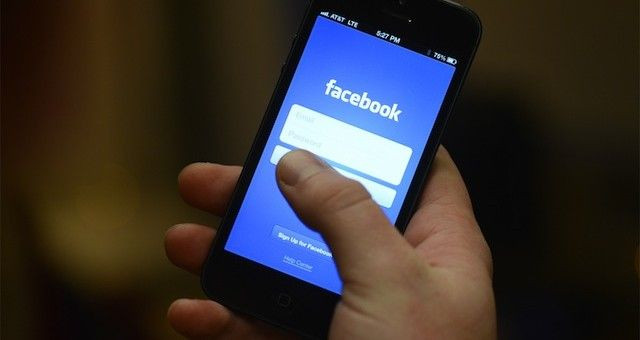Social Anxiety And Craving Assurance Makes Your Facebook Use Problematic, Uncontrolled

We’ve all seen that Facebook friend pop up in our news feeds far more often than we’d like — posting about the most miniscule aspects of their day, doing yoga poses in absurd places, or trying a little too hard to show everyone how much fun they’re having. The constant posts seem to scream neediness and a desire for social assurance, every “like” a grain of validation for their thirsty souls.
This doesn’t sound too healthy of course, and that’s probably because it isn’t. Now, a new study published in Cyberpsychology, Behavior, and Social Networking examines how a need for social assurance, paired with social anxiety, can lead to “problematic” use of Facebook. The researchers out of The Ohio State University, Hope College, and Seoul National University reviewed 243 participants from a Midwestern college, the majority (71.6 percent) of them female and white (91.8 percent).
“There is a growing concern that excessive and uncontrolled use of Facebook not only interferes with performance at school or work but also poses threats to physical and psychological wellbeing,” the authors wrote in the abstract. “[We] investigated how two individual difference variables — social anxiety and need for social assurance — affect problematic use of Facebook.”
The researchers measured levels of social anxiety among students by asking them to rate six feelings on a 1 to 5 scale (for example, “I feel anxious when I speak in front of a group”). Then they measured the need for social assurance on a 1 to 5 scale (“I wish to find someone who can be with me all the time," for example). Finally, they measured how problematic Facebook was for the students by asking whether it prevented them from focusing on school or social activities.
They found a positive link between social anxiety and problematic Facebook use; but the link between social anxiety and excessive use of Facebook was only strong for those who had high levels of need for social assurance. In other words, the people who were on Facebook for hours a day were more likely to crave social validation and gather as many views and likes as possible.
“Problematic Facebook use seems to result from multi-factorial causes and personality attributes,” said Brenda Wiederhold, editor-in-chief at the Interactive Media Institute in San Diego, in the press release. “More research into the synergistic nature of these factors and additional issues that should be included in a prediction model of this phenomenon may help aid in future assessment and prevention plans.”
Research has found that while Facebook is meant to connect people socially, it can lead to feelings of depression, jealousy, and even loneliness. If you're self aware enough to recognize that perhaps your time on Facebook is becoming excessive and interferes with your daily life, take a step away from the computer and try to focus on face-to-face friendships. Social media has its benefits, but face-to-face interactions can boost mental health and relieve depressive or anxiety symptoms.
Source: Lee-Won R, Herzog L, Park S. Hooked on Facebook: The Role of Social Anxiety and Need for Social Assurance in Problematic Use of Facebook. Cyberpsychology, Behavior, and Social Networking, 2015.



























